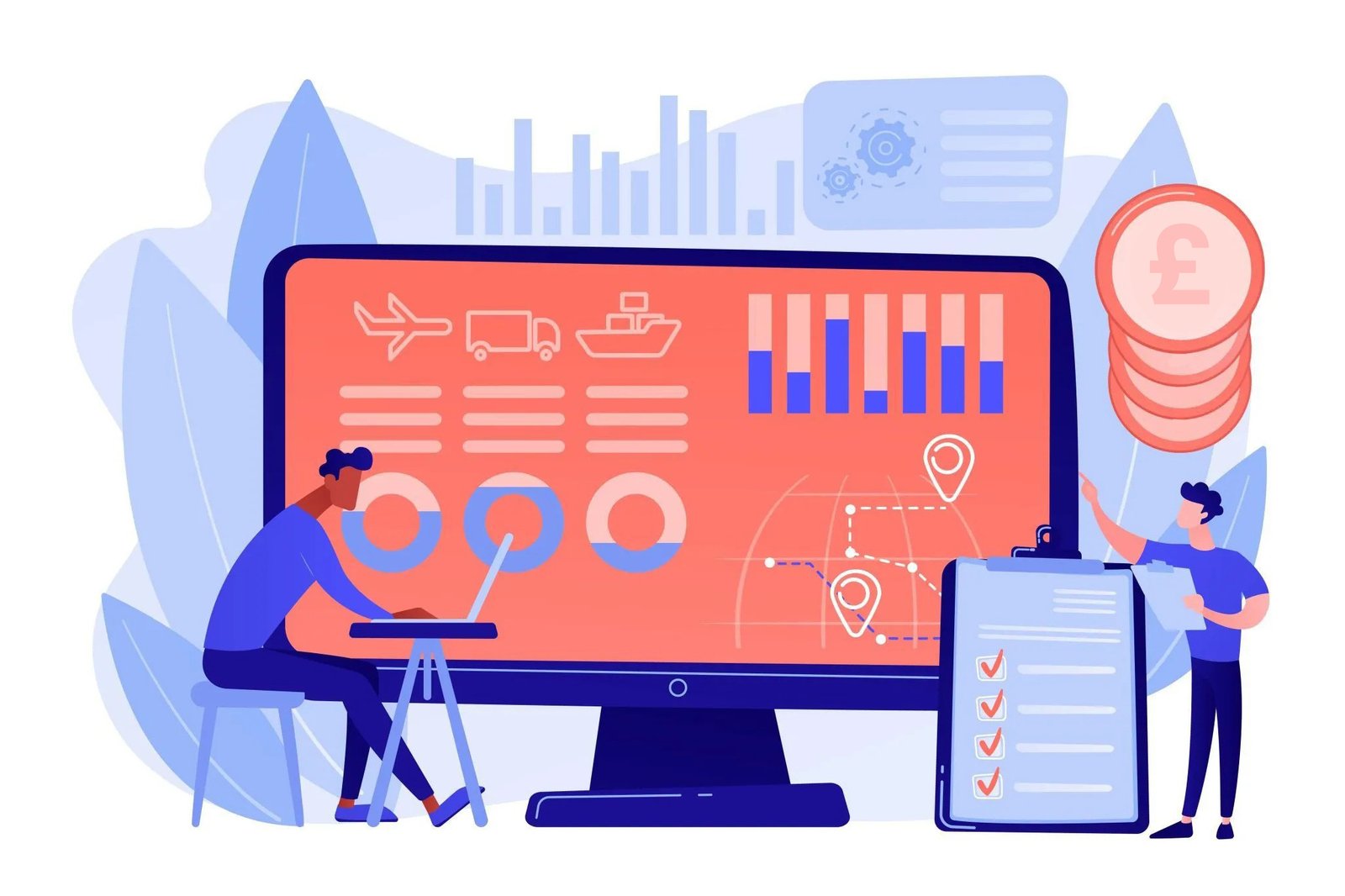As the owner of a UK-based business, one of the most important aspects of managing your finances is ensuring that you meet your tax obligations.
Navigating the complex world of tax can be challenging, and many business owners find themselves wondering when it comes to tax management whether they should hire a tax accountant or rely on tax software.
In this article, we will explore the pros and cons of each option to help you make an informed decision.
Tax Accountant
A tax accountant also known as a tax consultant or expert, is a qualified professional who specialises in tax law and regulations. They have in-depth knowledge and expertise in tax planning, preparation, and compliance.
Here are some advantages of hiring a tax accountant for your business:
Expertise and Knowledge: Complying with everchanging tax regulations has been a challenge for most of the UK business. Missing a deadline by a day or simple error can cost extra cost in form of fines and penalties. Tax accountants are well-versed in tax laws, regulations, and recent updates. They stay updated with the ever-changing tax landscape, ensuring that your business remains compliant and takes advantage of available tax deductions and credits.
Personalised Advice: A tax accountant can provide personalised advice tailored to your business’s unique circumstances. They can analyse your financial situation, identify potential tax savings opportunities, and help you develop strategies to minimise your tax liability.
Timesaving: Handling tax matters can be time-consuming, especially if you’re not familiar with the intricacies of the tax system. By hiring a tax accountant, you can delegate these tasks, allowing you to focus on running and growing your business.
Representation in Audits: In the unfortunate event of an audit, a tax accountant can represent your business and deal with tax authorities on your behalf. They have experience in dealing with tax audits and can help ensure that your rights are protected throughout the process.
HMRC enquiries: A tax accountant’s expertise and experience can be instrumental in managing HMRC enquiries, ensuring proper communication, compliance, and resolving any tax-related issues that may arise during the enquiry process.
Tax Software
Tax software for UK businesses has become increasingly popular in recent years, offering business owners the convenience of preparing and filing their taxes electronically.
Here are some advantages of using tax software:
Cost-Effective: Tax software is generally less expensive than hiring a tax accountant. It can be a cost-effective option for small businesses with simple tax situations.
User-Friendly Interface: Most tax software is designed to be user-friendly, with step-by-step instructions and prompts to guide you through the tax preparation process. This can be beneficial if you have a basic understanding of tax concepts and prefer a do-it-yourself approach.
Efficiency and Accuracy: Tax software can automate calculations, reducing the risk of errors that can occur when preparing taxes manually. It can also help you identify potential deductions and credits, ensuring that you maximize your tax savings.
Convenience: With tax software, you can prepare and file your taxes at your own convenience. You don’t have to schedule appointments or wait for a tax accountant to complete the process.
Confidentiality: Tax software can provide confidentiality by providing secure storage options for sensitive financial information, allowing you to set up user accounts with specific access privileges, password protection and secure file transfer. However, it is essential to note that maintaining confidentiality is a shared responsibility. While tax software can offer security measures, it is crucial to follow best practices, such as keeping your software up to date, using reputable software providers, and implementing internal security protocols within your organization to enhance overall data confidentiality.
Which One is Better for Your Businesses?
Choosing a tax accountant or tax software ultimately depends on your business’s needs, complexity, and budget.

Here are some factors to consider when making your decision:
01. Business Complexity
Tax accountants expertise in managing complex tax situations, such as multiple income sources, international transactions, and significant investments, ensuring accurate tax planning and compliance.
02. Time and Resources
Consider the amount of time you can dedicate to tax preparation and the resources available within your business. If you have a limited budget and simple tax requirements, tax software may be a suitable option.
03. Risk Tolerance
Assess your comfort level with handling tax matters. If you prefer the expertise and guidance of a professional, a tax accountant can provide peace of mind and ensure compliance with tax laws.
04. Combination Approach
Some businesses opt for a hybrid approach, using tax software for basic tax preparation and engaging a tax accountant for more complex matters or for a review of the final returns. This approach can strike a balance between cost-effectiveness and professional assistance.
Conclusion
Both tax accountants and tax software have their advantages and can be effective tools for managing your business’s taxes. Assess your business’s needs, complexity, and available resources to make an informed decision. Remember, it’s crucial to prioritize accurate tax preparation and compliance to avoid potential penalties and maximize your tax savings.